Gil Troy: Zionism past and present: From Herzl to Herzog
The past and present danced together on Monday night in Basel, Switzerland. It wasn’t just due to the black-bearded, top-hatted Theodor Herzl impersonator, who gave stunningly relevant answers by quoting Herzl’s writings to questions about various contemporary issues today. It wasn’t just due to the moving appearance of the great-granddaughter of the falsely accused French army captain, Alfred Dreyfus, in the Stadt Casino where 208 delegates gathered 125 years ago in 1897 to launch the formal Zionist movement.
And it wasn’t just due to the brave speeches of various Swiss leaders who owned up to the ugly Swiss tradition of antisemitism – during Herzl’s and Hitler’s eras. The choreographer-in-chief that night, who harmonized the history of yesterday with the wonders of today before 1,400 people, was Israel’s president, Isaac Herzog.Wisely speaking in Hebrew, even though much of the 125th anniversary of Herzl’s First Zionist Congress this week transpired in English, Herzog was at his best. The setting was sublime, oozing with Herzl’s essence, with the nervousness, excitement, and ultimately, the miraculous, epic transformations triggered by that one game-changing meeting decades ago in Basel. Using Herzl’s words, dreams and achievements as launching pads, Herzog challenged us all to reclaim Zionism. Zionism, he explained, was not an evolution but a revolution – a radical, brave, break from the past to save the Jewish people.
It was bold, modern and democratic, yet rooted in Jewish tradition. Ultimately, Herzog explained, Zionism’s greatest gift to the Jewish people was delivering independence after millennia of toxic dependence on others.
Today, when we are so used to Jewish independence, our challenge is to keep dreaming and keep building. Without being heavy-handed, without finger-pointing or guilt-tripping, and without being partisan, Herzog articulated a renewed liberal-democratic Herzlian vision of understanding that nationalism is the most effective vehicle for finding meaning in life individually and improving the world collectively. “Zionism,” Herzog explained, “is not just a shared fate, but a shared mission.”
Herzog: Gorbachev was one of the 20th century’s most extraordinary figures
Israeli President Isaac Herzog and Prime Minister Yair Lapid joined international leaders on Wednesday in eulogizing former Soviet leader Mikhail Gorbachev, who died on Tuesday at the age of 91.Sharansky: Gorbachev wouldn’t have released Soviet Jews if not for global pressure
“Mikhail Gorbachev was one of the 20th century’s most extraordinary figures,” Herzog said in a statement. “He was a brave and visionary leader, who shaped our world in ways previously thought unimaginable. I was proud to meet him during his 1992 visit to Israel. Heartfelt condolences to his family and friends.”
Lapid issued a statement saying that “Mikhail Gorbachev, the last leader of the Soviet Union, passed away yesterday at the age of 91. He was a brave leader and great statesman, who contributed greatly to the rehabilitation of relations between his country and Israel, and opened the gates of the Soviet Union for the great wave of Jewish immigration to Israel in the 1990s.”
Russia’s Central Clinical Hospital in Moscow said in a statement on Tuesday that “Gorbachev passed away tonight after a serious and protracted disease.”
Gorbachev was instrumental in helping to end the Cold War between the Soviet Union and the United States without bloodshed but failed to prevent the Soviet Union from collapsing, Reuters noted in a report on Tuesday.
He secured armament reduction treaties with the U.S. and alliances with Western powers to lift the Iron Curtain that had divided Europe since World War II and bring Germany back together, the report said.
However, his internal reforms contributed to the Soviet Union’s demise, which Russian President Vladimir Putin has described as the “biggest geopolitical calamity” of the twentieth century.
Former refusenik and prisoner of Zion Natan Sharansky said on Wednesday that the late leader of the Soviet Union Mikhail Gorbachev would never have released Soviet Jewry had it not been for the global pressure campaign to do so.
Sharansky’s comments came following the death of Gorbachev at 91 on Tuesday.
The former Israeli cabinet minister and chairman of the Jewish Agency said that for Gorbachev, the heavy cost the Soviet Union paid due to its political repression was what convinced him to relax policies toward Jewish practice and emigration, not any particular sympathy he had for Soviet Jews.
Sharansky, who spent almost nine years in a forced labor camp, was the first Soviet political prisoner to be released by Gorbachev after the latter assumed the leadership of the Soviet Union in 1985.
“Gorbachev strongly believed in communism and believed that the ideas of Marx and Lenin were truly what was best, but also realized that the system wasn’t working for the Soviet Union,” Sharansky told The Times of Israel.
“He understood that there was a need to give some freedom to people,” such as greater civil rights and economic opportunity.
“What he didn’t understand was that if you give a little freedom, the people will demand a lot of freedom,” he said.


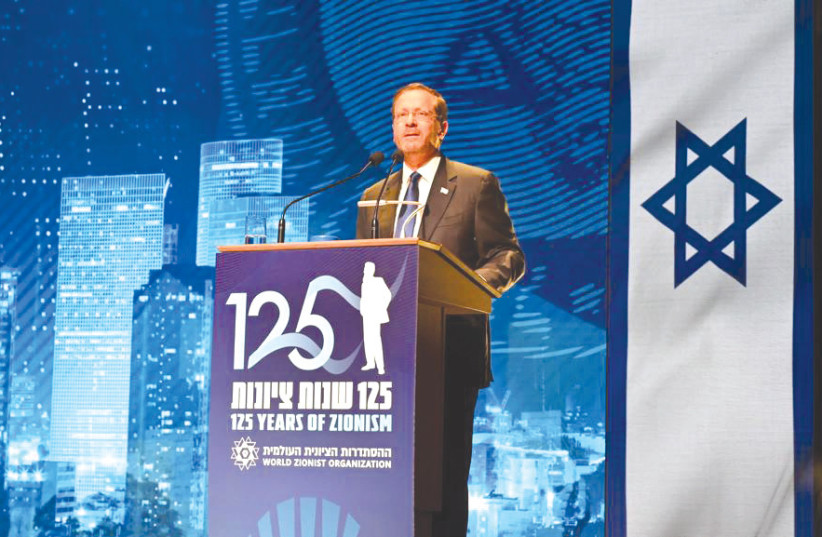
.jpg)

.jpg)



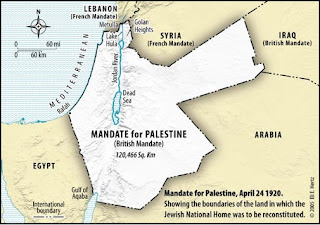

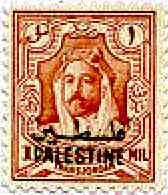




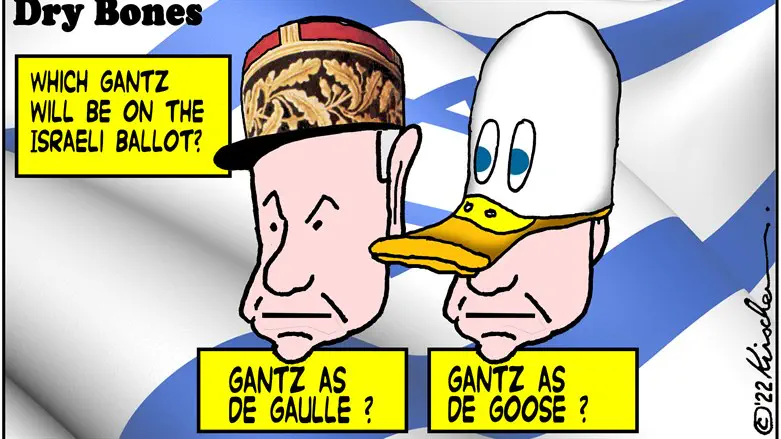
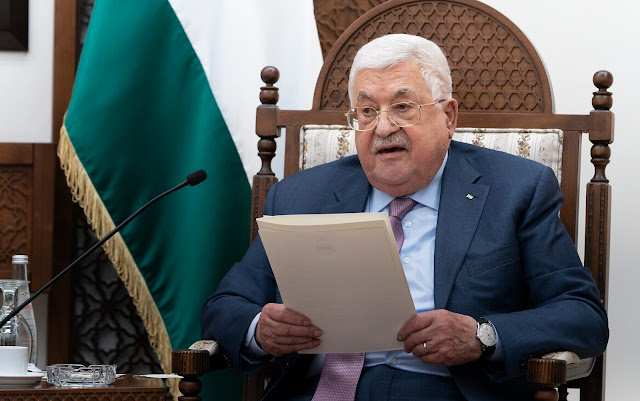
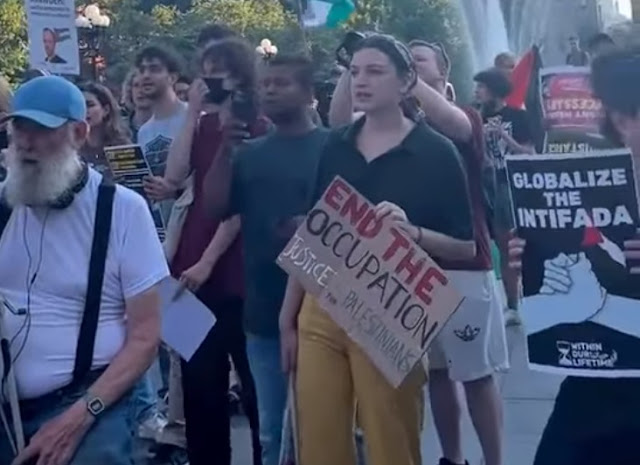




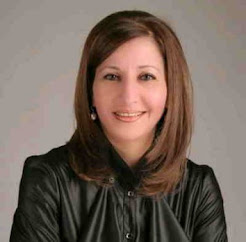
























.jpg)

.jpg)


